Using red seaweed protein for plant-based meat
2019-2021
UMARO (formerly known as Trophic) is a startup focused on developing sustainable, meaty, and nutritious plant-based protein from the ocean.
PRODUCTION PLATFORM: Plant-based
TECHNOLOGY SECTOR: Ingredient Optimization
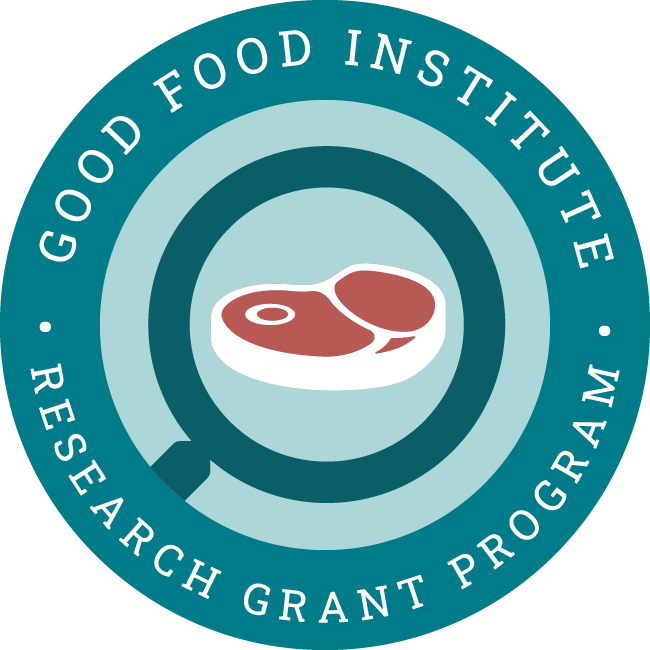
Project aims
Ocean plants like seaweeds can be used for many things, including foods and ingredients. But so far, seaweed protein has been underutilized as an alternative protein source. UMARO’s GFI-funded research focuses on characterizing red seaweed proteins for plant-based meat.
Phase 1: Optimizing red seaweed protein extraction
Phase 1 of this project optimizes protein extraction processes in red seaweeds to meet quality specifications for plant-based products. Specifically, Phase 1 assesses the suitability of different red seaweed species for cost-effective protein and characterizes taste, texture, and formulation properties of protein concentrates and isolates from red seaweeds.
This work will develop new ingredients for plant-based meat from a source that already has a large global supply chain, high protein content, outstanding umami flavor profile, and red color. It will also add value to red seaweed protein, a current side stream of agar and carrageenan production.
Phase 2: Characterizing sensory attributes
Phase 2 of this project characterizes the sensory attributes of seaweed ingredients, leading to the creation of new plant-based meat products using seaweed protein as a primary ingredient.
This work will advance our understanding of seaweed proteins’ utility in plant-based meat production, which could improve the sustainability of plant-based meat and enhance organoleptic properties in certain applications.
Principal researchers
2019-2020

Beth Zotter
CEO, UMARO, USA
Ms. Zotter has expertise in environmental science, public policy, and the intersection of technology, economics, and policy. She leads a venture in marine protein and fuel sources and works with the start-up companies at Cyclotron Road. She also serves as principal investigator for a project funded by the Department of Energy’s ARPA-E program to demonstrate high-yield, low-cost, and scalable systems for offshore seaweed production.
2020-2021

Dr. Amanda Stiles
CTO, UMARO, USA
Dr. Stiles has a history of private sector success, having previously led the research team at plant-based milk company Ripple Foods. She focuses her research on protein biochemistry, including protein purification, ingredient functionality, and sensory evaluation.
Sourcing sustainable protein
We usually think of crop farming as a land-based activity. Find out why UMARO Foods says the oceans are the ultimate source of sustainable protein.

Photo credit: UMARO
View related grant projects
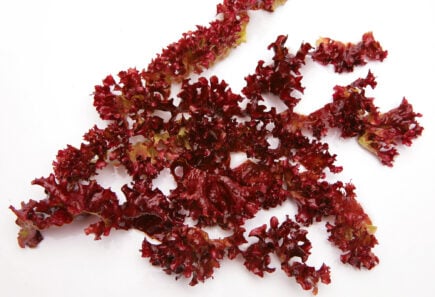
Texturizing seaweed proteins
Learn about Dr. Yoav Livney’s work at The Technion – Israel Institute of Technology texturizing seaweed proteins for plant-based seafood.
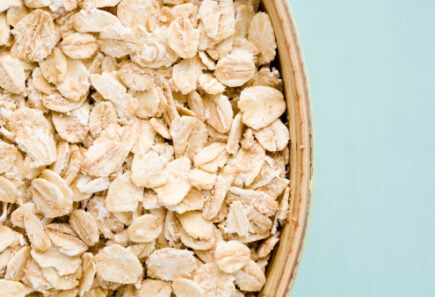
Oat protein fermentation
Learn about cutting-edge research to use fermented oat protein to develop plant-based meat.

Proteins under pressure
Learn about Dr. Ciara McDonnell’s work to establish high-pressure processing and high-pressure thermal processing parameters for plant proteins.
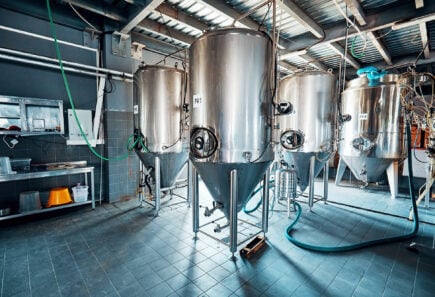
Fermenting flavor bases
Learn about GFI research grantee BZ Goldberg’s work at The Mediterranean Food Lab to develop better flavors for plant-based meat using fermentation.
Explore research opportunities
-
Cultivated
-
Fermentation
-
Plant-Based
Hybrid products to optimize nutrition, taste, cost, and sustainability
Hybrid products are a promising means to improve the cost and sustainability of animal-derived meat while improving the taste of plant proteins. Promoting the health benefits of hybrids may facilitate…
-
Cultivated
-
Fermentation
-
Plant-Based
Animal ingredient substitution
Enabling easy animal ingredient substitutions in a wide range of food products.
-
Plant-Based
Plant-based protein makerspaces
Plant-based protein makerspaces would be publicly available spaces where interested members of the public could learn, experiment, and work collaboratively on projects related to plant-based proteins. They could offer access…
Check out related resources
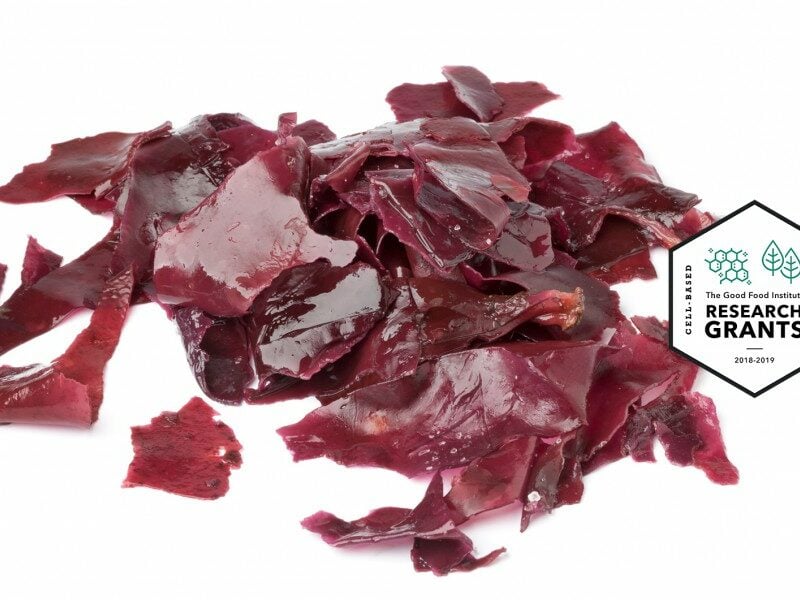
Is red seaweed the next big thing in plant-based protein?
With funding from GFI’s competitive grant program, Beth Zotter is researching a unique source of plant-based protein: red seaweed. Red seaweed has a high protein content and a remarkable umami…
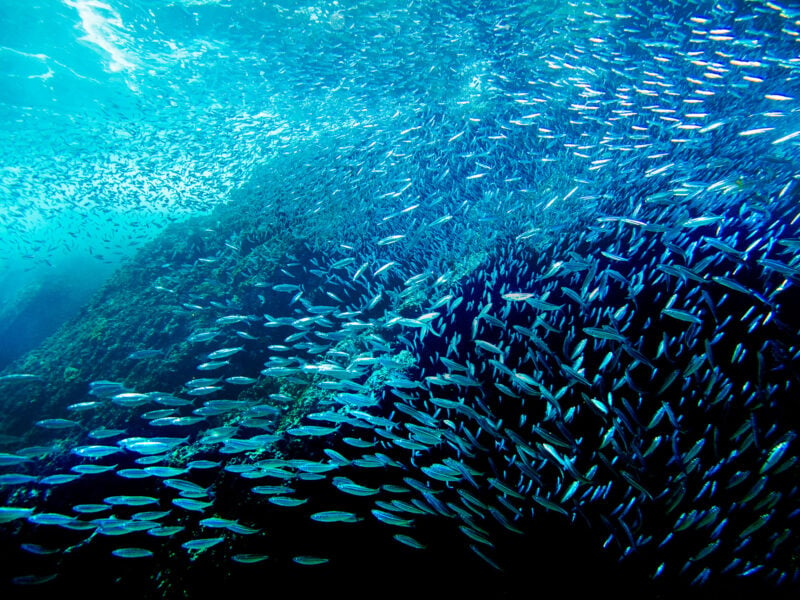
Sustainable Seafood Initiative
Learn how plant-based, fermentation-derived, and cultivated seafood can improve the health and sustainability of oceans.

